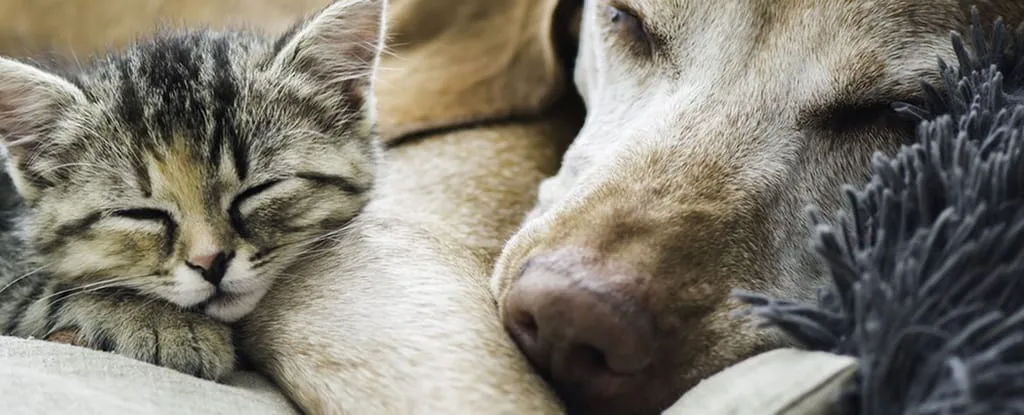by Aaron Lamoree, DVM
 Most people are
used to seeing or hearing about old dogs and arthritis. Cats, however, are another matter. Due either to their stoic nature or the fact that they sleep most of the day, many owners do not
seem to feel that arthritis is a concern in their senior cats.
Most people are
used to seeing or hearing about old dogs and arthritis. Cats, however, are another matter. Due either to their stoic nature or the fact that they sleep most of the day, many owners do not
seem to feel that arthritis is a concern in their senior cats.
The truth is that older cats can and do suffer with arthritis. Early signs may be very subtle and are often behavioral. These may include increasing reclusiveness, poor grooming habits or a reluctance/inability to use the litterbox.
May is Arthritis Awareness Month so we'd like to take this time to let our clients know more about this very underdiagnosed problem in our feline friends.
What is Arthritis:
Arthritis (also called osteoarthritis or degenerative joint disease) is a painful condition that results from inflammation and progressive deterioration of cartilage within the joint. As the protective cartilage breaks down, nerve endings and, eventually, bone is exposed within the affected joint.
What Causes Arthritis:
There are a variety of causes of arthritis. They include infection, immune-mediated disorders, injury affecting the ligaments and structures within a joint, trauma, genetic defects such as hip dysplasia, and natural “wear and tear” as a pet ages.
Signs of Arthritis in Cats:
While limping or appearing “stiff” are signs of arthritis commonly seen in dogs, these symptoms are often not noticed in cats due to their sedentary lifestyle and due to a cat’s unique gait. Other signs that are commonly attributed to arthritis in cats include: inappropriate elimination (outside the litter box), decreased grooming, reluctance to be combed, reluctance to jump up or down, sleeping more, moving less, withdrawing from interaction with the family, hiding, and unusual signs of aggression/behavior changes.
How Common is Arthritis in Cats:
Since signs of arthritis in cats are often vague, it is a common condition that is largely underdiagnosed in the species. One study revealed that 90% of cats over 12 years of age had symptoms of arthritis. Another study revealed that 22% of ALL cats have some evidence of arthritis seen on X-rays
How Do We Diagnose Arthritis:
We can get a suspicion of arthritis based on performing an orthopedic exam on a cat. That being said, in general, cats are less cooperative on examination than dogs. To confirm arthritis (and differentiate from other painful conditions), X-rays are typically necessary.
Treatments for Arthritis:
There are many treatments that not only alleviate the pain and suffering of arthritis, but can slow the progression. Beginning treatments for an arthritic pet or a pet that is at risk for developing arthritis on treatments before they show severe is the best way to help control the condition. Current therapies include:
- Weight Control and Regular Activity: As with any species, the most effective treatments for arthritis are often the most simple treatments. Maintaining a trim weight will reduce pounding on inflamed joints and regular low-impact exercise to utilize joints is important for the proper function of cartilage and joint fluid.
- Pain Relieving Medications: Non-Steroidal Anti-Inflammatory Drugs (NSAIDs) are a mainstay for treating dogs with arthritis, but cats tend to be more sensitive to the side effects of NSAIDs. Often we use NSAIDs an acute flare-up of arthritis pain but only rarely do we use them chronically in cats. Other pain relievers such as gabapentin, steroids, and others may be useful in different situations.
- Glucosamine Supplements: Glucosamine is a precursor to glycosaminoglycan, which is an important component of protective cartilage and synovial (joint) fluid. Theoretically, this supplement can help increase the joint fluid volume, thus providing more “padding” in the joints. One such supplement, Dasuquin, combines a glucosamine supplement with a natural anti-inflammatory that has been helpful to alleviate signs of joint pain in many cats.
- Adequan: Adequan is an injectable glycosaminoglycan supplement that was originally marketed to the sport horse industry to help keep these animals’ joints healthy. It was so successful that it later made its way to our canine patients and is now commonly used in felines. Regular use of Adequan can help increase the volume and thickness of joint fluid and may even help repair damaged cartilage and reverse some signs of arthritis. In cats, we find Adequan to be one of the safest and most effective medical treatments that we can offer.
- Omega 3 Fatty Acids: Along with many other health benefits, omega 3 fatty acids (especially from fish oils) are thought to play an important role in reducing inflammation throughout the body.
- Prescription Joint Diets: There are several diets on the market designed to treat arthritis. Some of these diets include glucosamine, ultra high doses of fatty acids, and other ingredients that can be very effective in reducing joint inflammation and pain.
- Adjunctive Treatments: A variety of other treatments are also becoming more widely available and appear to be quite beneficial for some pets with arthritis. These treatments include laser therapy, physical therapy, and a variety of other pain relievers (both prescription and homeopathic).
If you suspect that your cat is dealing with arthritis, let us know and we can help tailor a treatment plan to help keep your little friend as comfortable as possible over the years.



